The film's release generated controversies.
Adah Sharma’s film, The Kerala Story, has been able to achieve significant success at the box office, nearing the Rs 70 crore mark, despite facing a considerable amount of backlash.
The movie, directed by Sudipto Sen, revolves around the story of a woman from Kerala who is abducted and forcibly converted to Islam by a terrorist organization.
The controversial subject matter of The Kerala Story has ignited a heated debate across India, attracting considerable attention and discussion.
However, this film is not the first to generate controversy for various reasons.
If you enjoyed watching The Kerala Story, here is a list of ten other controversial films available on platforms like Amazon Prime Video and Netflix that you might find intriguing to explore.
The Dirty Picture
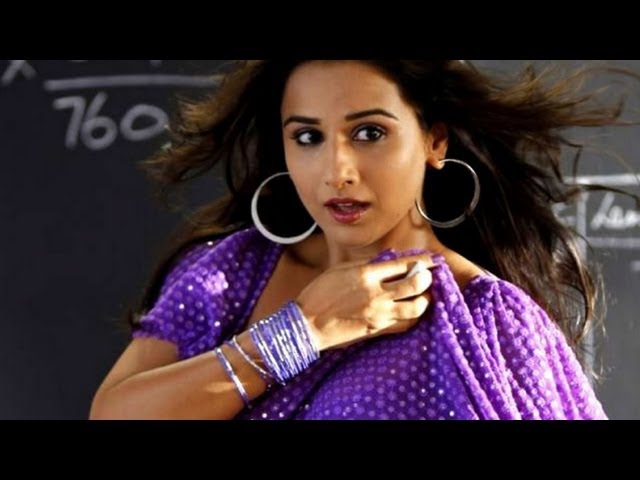
The Dirty Picture is a controversial film known for pushing boundaries and challenging societal norms.
Released in 2011, it was directed by Milan Luthria and starred Vidya Balan in the lead role.
The movie is a biographical drama based on the life of the late South Indian actress Silk Smitha.
The controversy surrounding The Dirty Picture primarily stems from its explicit content and portrayal of sexuality.
The film delves into the journey of Silk Smitha, exploring her rise to fame in the film industry, her struggles, and her relationships.
It showcases her unapologetic and bold personality, challenging conservative societal views.
The explicit nature of the film, including scenes of sexuality and sensuality, generated significant attention and polarized opinions among audiences.
Some hailed it as a bold and empowering portrayal of a complex female character, while others criticized it for its explicit content and perceived exploitation of the subject matter.
Additionally, the film’s poster, featuring Vidya Balan in a seductive pose, also attracted controversy.
The provocative imagery drew legal scrutiny, with a city court in Andhra Pradesh ordering authorities to take action against the actress for allegedly posing indecently.
OMG: Oh My God!
OMG: Oh My God! is a Hindi-language comedy-drama film released in 2012, directed by Umesh Shukla.
The film addresses themes of religion, spirituality, and blind faith, which contributed to its controversial nature.
The controversy surrounding OMG: Oh My God! stems from its satirical critique of religious beliefs, practices, and the commercialization of religion.
The story revolves around an atheist shopkeeper who files a legal case against godmen and religious institutions after his shop is destroyed in an earthquake and his insurance claim is denied due to an “act of god.”
The film questions the role of religious intermediaries, rituals, and superstitions, highlighting the need for a more rational and humane approach to spirituality.
Certain religious groups and individuals took offence to the film’s satirical treatment of religious customs and beliefs.
They felt that it mocked and disrespected their faith, leading to protests, calls for a ban, and legal challenges against the film.
Some objections were raised about the portrayal of religious figures and the depiction of religious practices in a humorous manner.
Padmaavat
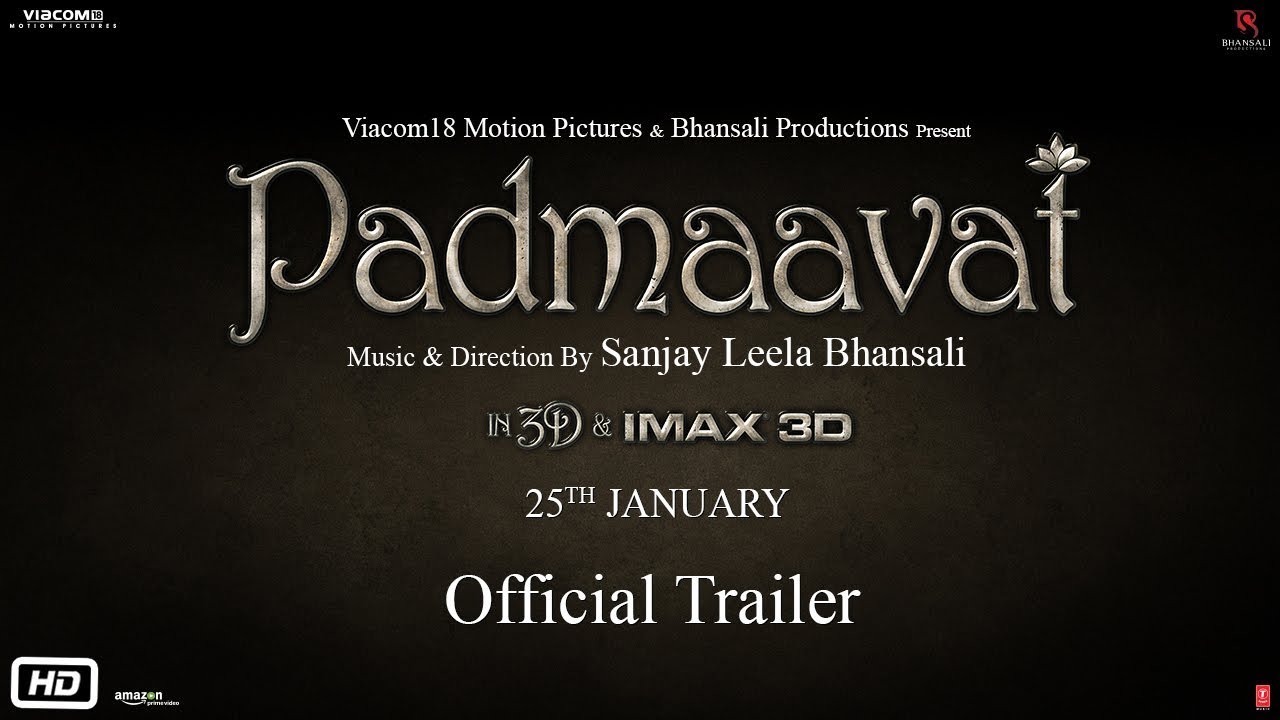
Padmaavat is a highly controversial Indian film released in 2018, directed by Sanjay Leela Bhansali.
The movie is a historical epic that fictionalizes the legend of Rani Padmavati, a queen from medieval Rajasthan.
The controversy surrounding Padmaavat mainly revolves around its portrayal of historical characters and its alleged distortion of history.
Certain groups and individuals claimed that the film misrepresents the events and characters of the Rajput queen Padmavati, her husband Maharawal Ratan Singh, and the Muslim ruler Alauddin Khilji.
Various Rajput organizations objected to the film, alleging that it disrespectfully depicted Rani Padmavati and distorted Rajput history.
These groups believed that the film misrepresented the Rajput culture and values, leading to protests, threats, and acts of violence against the filmmakers and cast.
Furthermore, the film’s release was delayed due to the controversy, as it faced opposition from certain groups demanding a ban on its release.
The controversy escalated to the extent that the film changed, including a title change from Padmavati to Padmaavat, and modifications to certain scenes.
Aarakshan
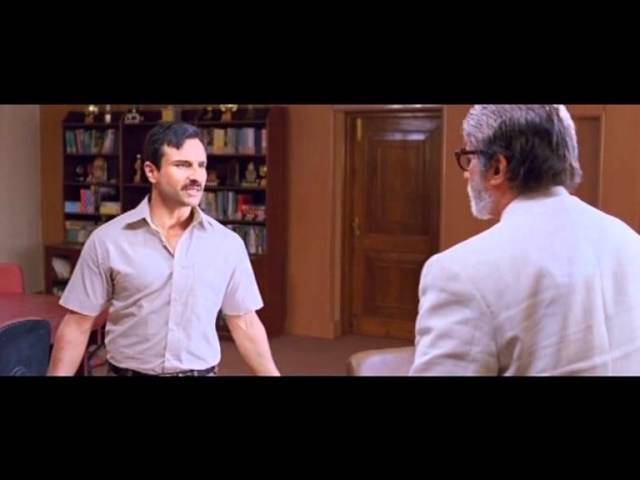
Aarakshan is a Hindi-language drama film released in 2011, directed by Prakash Jha.
The film addresses the issue of reservation in educational institutions and explores the impact of the reservation policy on various sections of society.
The controversy surrounding Aarakshan primarily arises from its portrayal of the reservation system and its potential implications.
The film examines the complexities and debates surrounding affirmative action and reservation policies in India, which aim to provide opportunities for historically disadvantaged and marginalized groups.
Aarakshan delves into the conflicts and dilemmas faced by its characters, including teachers, students, and administrators, as they navigate the effects of reservation on meritocracy, social justice, and individual aspirations.
The controversy surrounding the film revolves around its portrayal of the reservation system, with some arguing that it presents a biased or negative perspective on the policy.
Certain groups and individuals felt that the film distorted or misrepresented the intent and impact of reservations, leading to protests, demands for bans, and legal challenges against its release.
Black Friday

Directed by Anurag Kashyap, the film was released in 2004 and is based on the book ‘Black Friday: The True Story of the Bombay Bomb Blasts’ by Hussain Zaidi.
It explores the events surrounding the 1993 Bombay bombings, one of the deadliest terrorist attacks in India.
The controversy surrounding Black Friday primarily stems from its depiction of real-life events and individuals involved in the bombings.
The film portrays the circumstances leading up to the bombings, the investigations, and the subsequent arrests.
Some individuals and groups raised concerns about the film potentially influencing public opinion or stirring up emotions related to the sensitive subject matter.
Additionally, legal challenges and objections were raised against the film’s release.
The Mumbai High Court initially stayed the release of Black Friday due to concerns that it could impact the ongoing trial of the accused individuals involved in the bombings.
The film was released only after a delay of two years, following the conclusion of the trial.
The controversial nature of Black Friday arises from its depiction of real-life tragedies and its potential impact on public perception and legal proceedings.
Lipstick Under My Burkha

Lipstick Under My Burkha is a critically acclaimed Indian film directed by Alankrita Shrivastava, released in 2016.
The film explores the secret lives, desires, and struggles of four women from different age groups in a conservative society.
The movie delves into the lives of these women residing in Bhopal, India, who face various societal constraints and expectations.
Each character challenges traditional gender roles and societal norms in their way.
The narrative highlights their dreams, desires, and efforts to break free from the shackles of patriarchy.
Lipstick Under My Burkha gained controversy due to its explicit and realistic depiction of female sexuality, which is considered taboo in conservative Indian society.
The controversial film addresses themes of women’s empowerment, sexual liberation, and the struggle for personal freedom.
It tackles subjects like sexual fantasies, exploration, and the right to make independent choices.
The controversy surrounding the film largely stemmed from its open discussions about female desire and the exploration of sexuality, which went against traditional societal norms and expectations.
The film’s bold content and honest portrayal of women’s inner lives sparked debates on censorship, moral policing, and the portrayal of women in Indian cinema.
PK
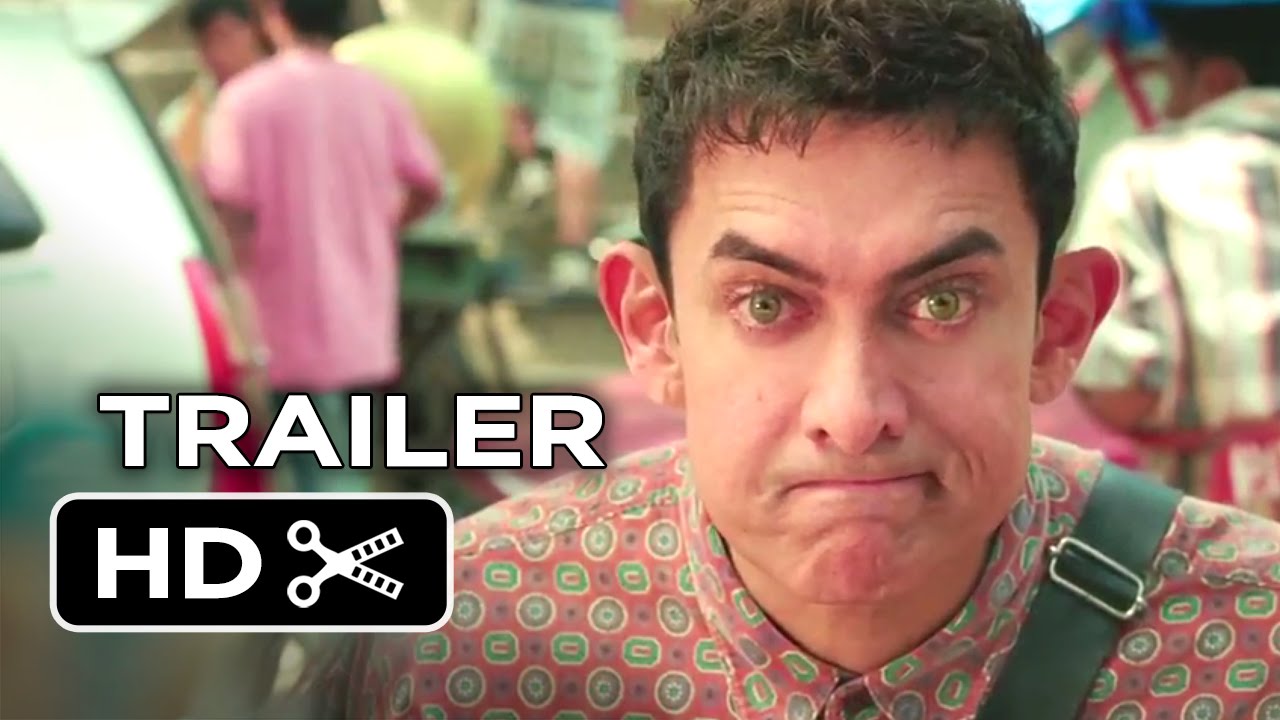
PK is a Hindi-language satirical comedy-drama film directed by Rajkumar Hirani, released in 2014.
The movie stars Aamir Khan in the lead role and revolves around the story of an alien named PK who lands on Earth and questions various religious beliefs and practices.
The controversy surrounding PK primarily stems from its satirical take on religion and the portrayal of religious figures.
The film presents a critique of blind faith, superstitions, and religious hypocrisy prevalent in society.
It highlights the protagonist’s innocent and childlike perspective as he navigates through different religions, questioning rituals, and challenging dogmas.
Certain religious groups and individuals felt that PK was disrespectful towards their faith and religious sentiments.
They claimed that the controversial film hurt religious sensibilities by portraying gods and religious figures in a humorous and irreverent manner.
There were protests, calls for a ban, and legal challenges against the film’s release in some regions of India.
Additionally, the film’s depiction of love between a Hindu girl and a Pakistani Muslim boy also attracted controversy and objections from certain groups who considered it to be promoting interfaith relationships.
Fanaa
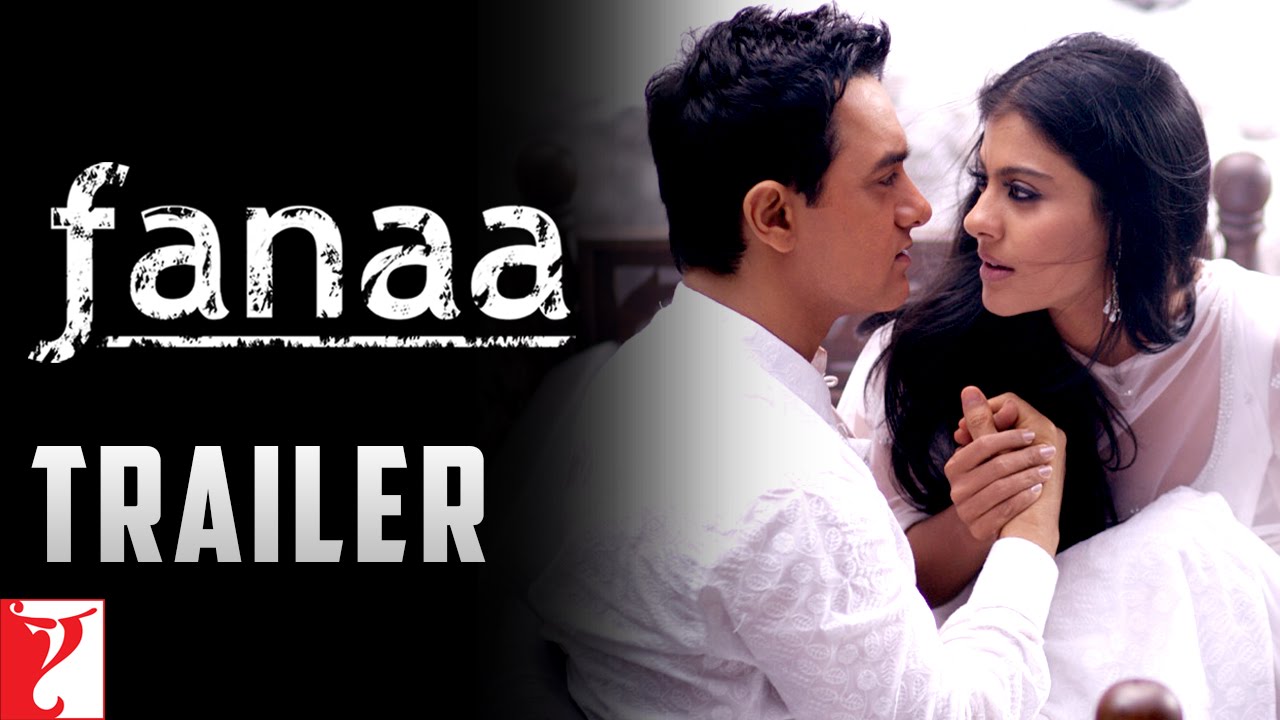
Fanaa is a Hindi-language romantic thriller film released in 2006, directed by Kunal Kohli.
While Fanaa did not generate widespread controversy, it did face some criticism and sparked debates on a particular aspect of its storyline.
The controversy surrounding Fanaa revolves around the portrayal of a character who is visually impaired and the subsequent storyline involving her romantic relationship.
Some disability rights activists and individuals from the visually impaired community raised concerns about the representation of the visually impaired character and the portrayal of her independence, agency, and decision-making.
Critics argued that the film perpetuated stereotypes and misconceptions about blindness, potentially reinforcing harmful societal attitudes.
They felt that the portrayal did not accurately reflect the experiences and capabilities of visually impaired individuals, instead relying on outdated and exaggerated notions.
However, it’s important to note that while Fanaa faced criticism on this particular front, it also received praise for its performances, music, and overall narrative.
The film was a commercial success and well-received by a large section of the audience.
The Kashmir Files
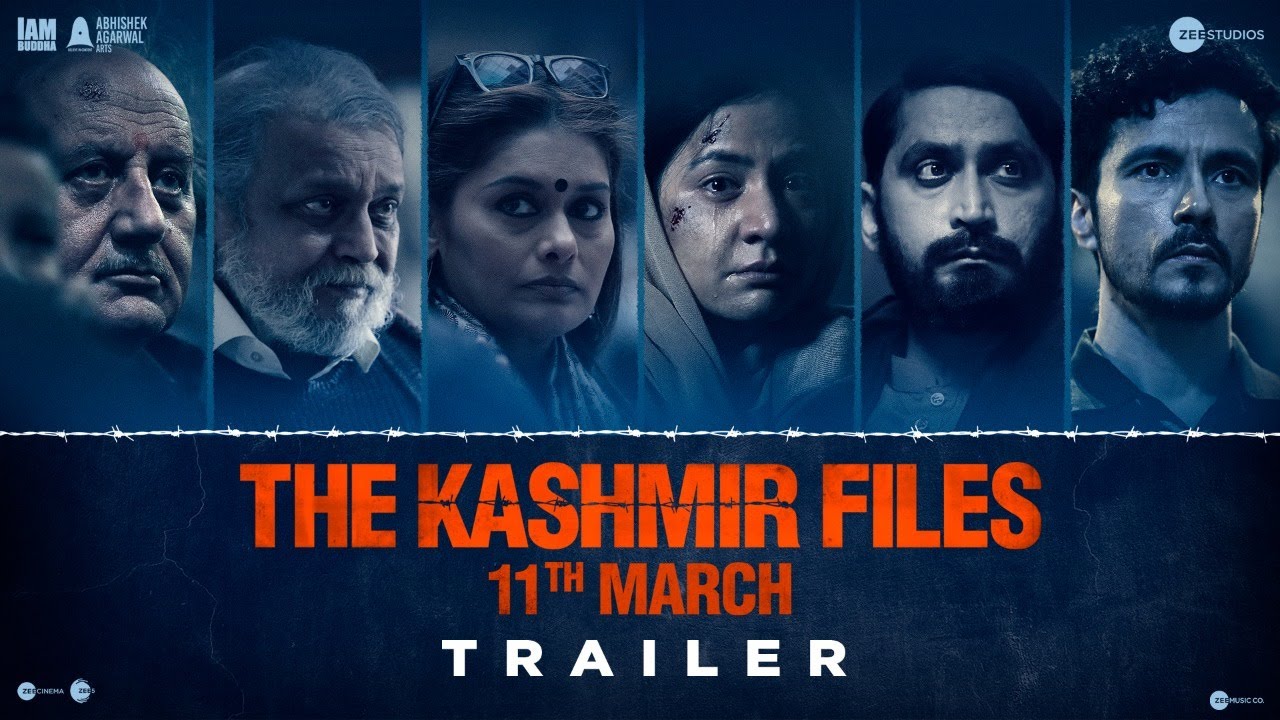
The Kashmir Files is a controversial Indian film directed by Vivek Agnihotri.
The film delves into the untold stories and events related to the exodus of Kashmiri Pandits from the Kashmir Valley in the late 1980s and early 1990s.
The exodus, which resulted in the displacement of a significant number of Kashmiri Pandits due to escalating violence and terrorism, is considered a significant chapter in India’s modern history.
The controversy surrounding The Kashmir Files arises from the sensitive nature of the subject matter and the potential for it to reopen old wounds.
The film’s exploration of the events surrounding the exodus of Kashmiri Pandits can be highly emotive and politically charged.
Moreover, discussions about Kashmir and its history often evoke strong sentiments and debates due to the complex political situation in the region.
The film’s release generated controversies related to issues such as historical accuracy, portrayal of characters and depiction of violence.
Parzania
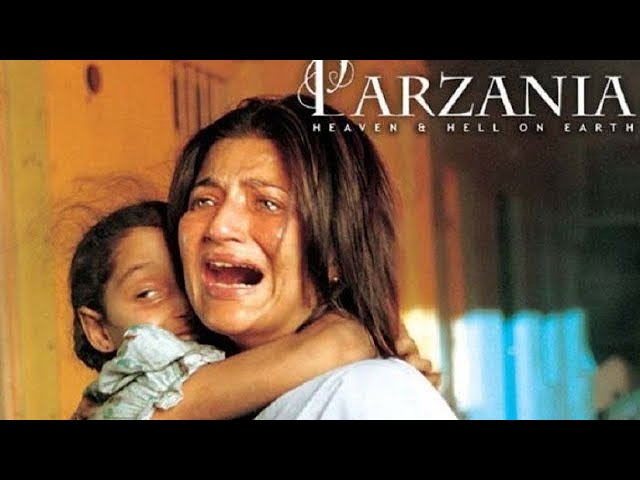
Parzania is a 2007 Indian film directed by Rahul Dholakia.
The movie is based on a true story set against the backdrop of the 2002 Gujarat riots in India.
It revolves around the experiences of a Parsi family and their search for their missing son during the violent communal riots.
The controversy surrounding Parzania primarily stems from its portrayal of the events during the Gujarat riots. The film explores the communal tensions, violence, and the aftermath of the riots, which resulted in widespread destruction and loss of lives.
Certain political and social groups were critical of the film, claiming that it portrayed a particular narrative and was biased against a particular community.
Additionally, the controversial film delves into the sensitive issue of accountability and justice in the aftermath of the riots.
It highlights the struggles of the affected families and raises questions about the role of the state and law enforcement agencies in ensuring justice.
The controversy around Parzania intensified when it faced hurdles in obtaining a theatrical release due to objections raised by certain groups.
The film’s subject matter, which sheds light on a painful chapter in Indian history, and its potential to reignite discussions on communal tensions and political responsibilities, contributed to the controversies surrounding it.
If you found The Kerala Story intriguing, these controversial films are sure to captivate your interest.
From thought-provoking social commentaries to challenging religious beliefs, these controversial movies push boundaries, challenge norms, and explore sensitive subjects with boldness and artistic vision.
While controversies may surround these films, it is important to approach them with an open mind, appreciating the power of cinema to shed light on difficult topics and foster a deeper understanding of the world around us.
So, grab your popcorn, buckle up, and embark on a cinematic journey that promises to ignite your thoughts and emotions.





























































